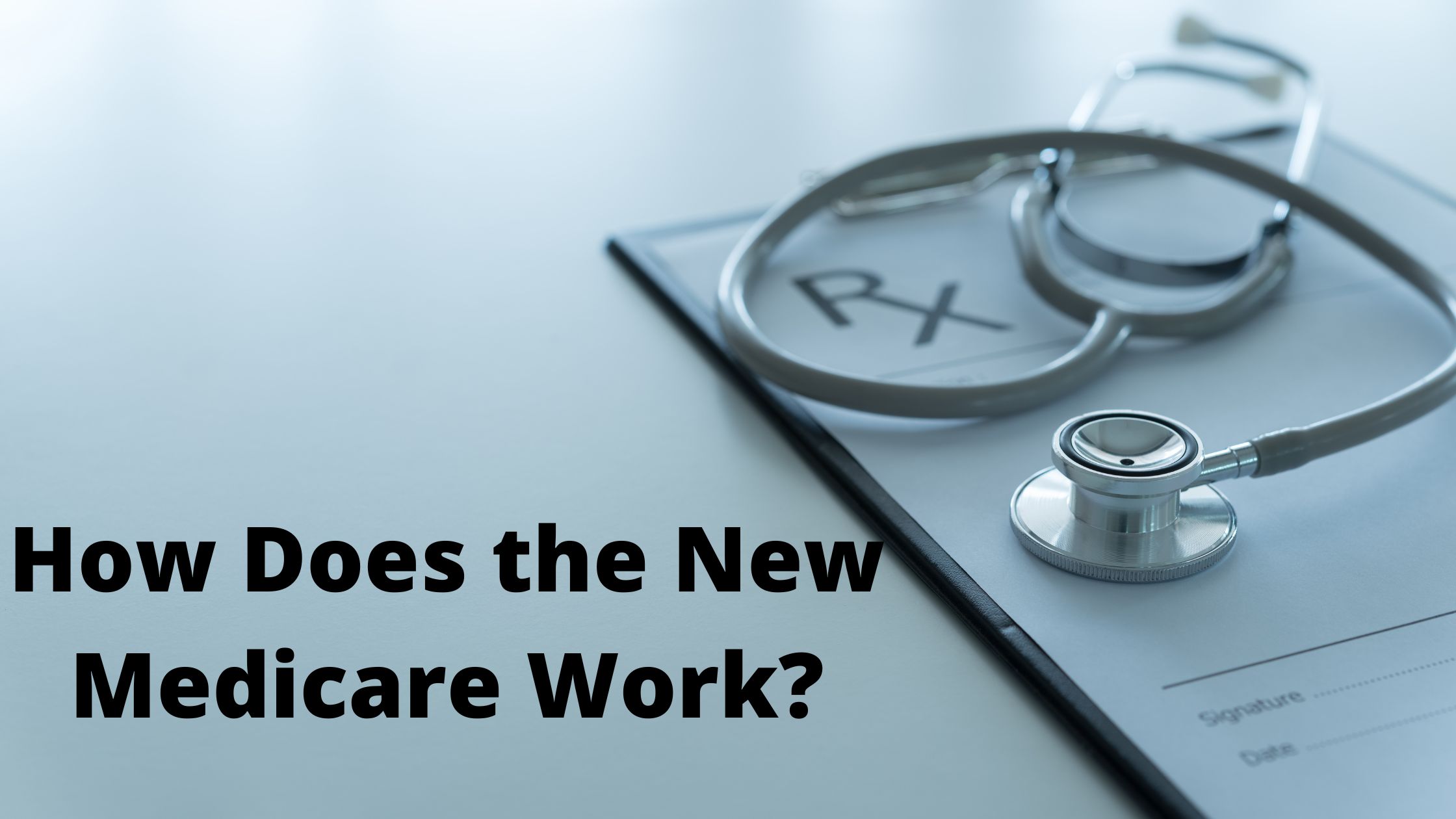In order to qualify for Medicare, you must be at least 65 years old and have been a resident of the United States for at least five years. Once you are registered with Medicare, you can start receiving benefits. The benefits that you can receive depend on your income level and whether or not you are also covered by a private health insurance plan.
What is the New Medicare?
The New Medicare is a new healthcare program that will be launched in 2016. It will replace the current Medicare system, which is based on Medicare Part A (hospital insurance) and Medicare Part B (medical insurance). The New Medicare will provide coverage for all Americans age 65 and over, regardless of their income. It will also cover people with disabilities, family members of veterans, and those who are permanently blind or have a severe disability.
The New Medicare will be funded through a combination of premiums and taxes. The premiums will be paid by individuals and employers, while the taxes will be paid by individuals and corporations. The New Medicare will also offer subsidies to low-income seniors and people with disabilities.
The New Medicare is expected to cost $583 billion over the next 10 years. However, the government has promised to cover the entire cost of the program, ensuring that everyone who needs it will be able to participate.
The Coverage Changes in the New Medicare
Medicare is a government-sponsored health insurance program for people over the age of 65, and for people with disabilities. It provides coverage for hospitalization, doctor visits, prescription drugs, and other medical costs. The program is divided into two parts: Part A covers hospital expenses and Part B covers doctor visits and other outpatient care.
The Affordable Care Act (ACA) was a major healthcare reform law that was signed into law by President Obama on March 23, 2010. One of the provisions of the ACA is the expansion of Medicare to include all Americans who are aged 55 or older, regardless of whether they have worked or not. The new Medicare will provide coverage for basic health services, such as hospitalization and doctor visits, as well as prescription drugs.
The ACA also increased the Medicare eligibility age from 65 to 67 in 2013, and will eventually increase it to age 70. In addition, beginning in 2020, all individuals who are not currently covered under Medicare will be required to purchase private insurance or receive subsidies to help pay for their coverage.
What are some of the most important changes that will take effect with the implementation of the New Medicare? Some of the more significant
How Does the New Medicare Work?
Medicare is a social insurance program in the United States that provides health insurance for people over the age of 65 and people with disabilities. The new Medicare program, known as the Medicare For All Act, would replace all current Medicare coverage with a single government-run health insurance program. The primary benefit of the new Medicare program would be that it would provide comprehensive coverage for all Americans, regardless of income or employment status.
The main challenges facing the new Medicare program are cost and implementation. It is estimated that the program would cost around $32 trillion over its first 10 years, which is significantly more than the $19 trillion currently spent on Medicare. Additionally, it will require a significant amount of effort to implement, as many of the functions currently provided by private insurers would need to be transferred to government agencies. However, if managed correctly, these challenges could be overcome and the new Medicare program could become an essential component of American healthcare infrastructure.
What are the Cost Changes in the New Medicare?
The biggest change in the Affordable Care Act (ACA) is that it establishes a new Medicare program for people age 65 and older. The ACA also makes changes to other parts of Medicare. This article discusses some of the costs changes in the new Medicare program.
When you turn 65, the government will no longer pay most of your medical bills. Instead, the Medicare program will cover most of your costs. The cost of your premiums, co-pays, and deductibles will be paid by the government. The government will also make a monthly payment to you called “social security income.” This payment is based on how much income you have earned over the years.
The new Medicare program has two parts. Part A covers hospital stays and Part B covers doctor visits and other medical services. Under the old Medicare program, Part A was always insurance that helped pay for hospital expenses. Part B was insurance that helped pay for doctor visits and other medical services.
One big change with the new Medicare program is that it no longer includes premiums or co-pays for doctors who are part of Part B. If you are 65 or older, the government will pay for all of your doctor visits and
Who is Eligible for the New Medicare?
Anyone age 55 or older is eligible for the new Medicare program, which replaces the traditional Medicare program. The new Medicare program offers more comprehensive coverage and includes benefits such as dental, vision, and hearing aids. You don’t have to wait until you reach 65 to enroll in Medicare; you can start enrolling when you turn 55 by visiting your doctor or going to a Medicare enrollment center.
When Does the Coverage Start?
When does Medicare coverage start? Medicare coverage typically begins on the first day of the month following your 65th birthday. However, there are some exceptions to this rule. If you have had a break in coverage of more than 30 days, or if you qualify for a hospital indemnity waiver, your coverage may begin on the date that you would have turned 65.
What are Some of the Benefits of the New Medicare?
When it comes to Medicare, there are some great benefits to be had. For one, the program is available to everyone 55 or older, regardless of income. Additionally, Medicare covers a wide range of services, including hospital and doctor visits, prescription drugs, and preventive care. Finally, Medicare offers a variety of discounts and special deals that can make it more affordable for seniors than private health insurance.

